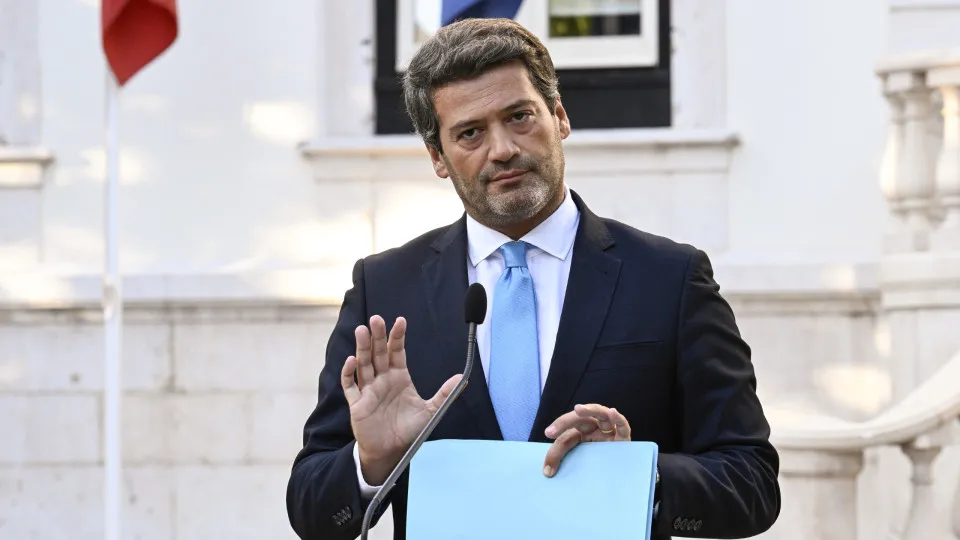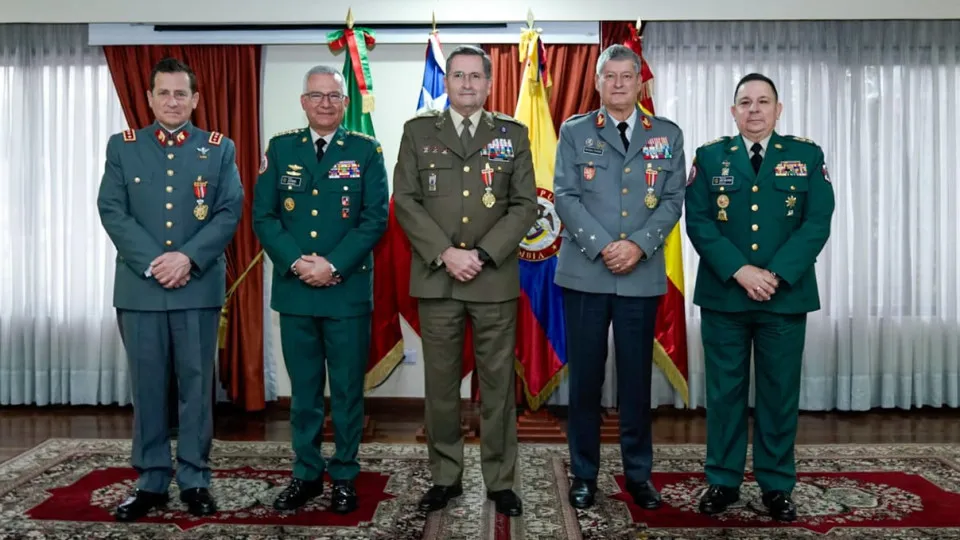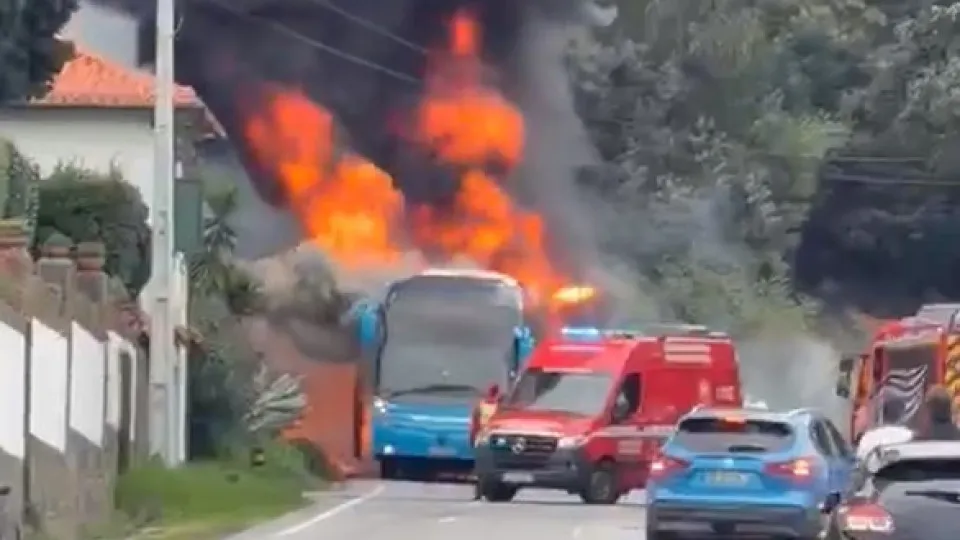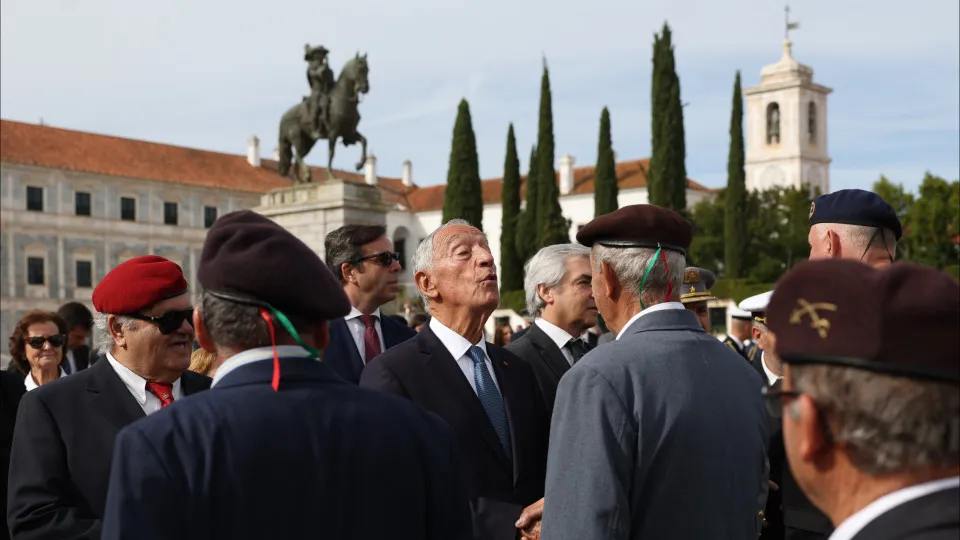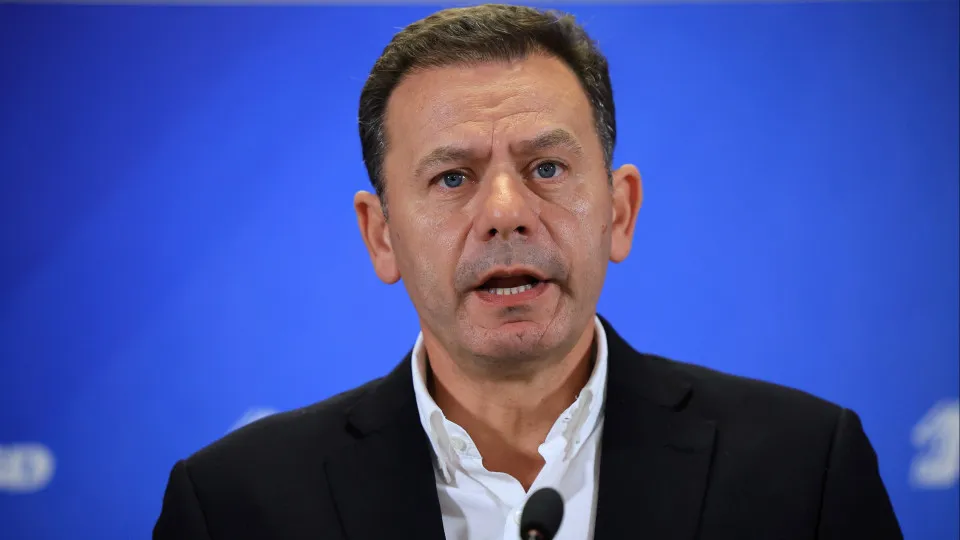
Luís Montenegro spoke upon arriving at the 4th Summit between the European Union and the Community of Latin American and Caribbean States (CELAC), taking place in Santa Marta, Colombia, amid diplomatic tensions between Bogotá and Washington following U.S. sanctions against President Gustavo Petro and accusations of his collaboration with drug trafficking.
Countries such as Brazil have expressed intentions to address this issue at the EU-CELAC summit, with Lula da Silva framing his presence as an act of “regional solidarity” with Venezuela, referring to the U.S. military deployment close to Venezuelan territorial waters.
When asked if it makes sense to discuss these topics at today’s summit, Montenegro affirmed, asserting that Portugal has always played an “interventive and proactive” role and has consistently sought “to bring people together and resolve conflicts” throughout its 900-year history.
“From this perspective, this tension, which is a growing tension, also interests Portugal, interests humanity, and interests the entire community of countries with which we have a close relationship, and I see no inconvenience in the Summit addressing this issue,” he said.
Montenegro expressed hope that this meeting could achieve a rapprochement of positions that would support “a more stable, more consolidated relationship among all these states” and with the United States bilaterally.
“There are no taboos on the table, and I think that this is how it should be for those who truly want to solve problems, because the best way not to solve them would be not to talk about them,” he considered.
The Prime Minister highlighted the various roles of responsibility Portugal has taken on in the international context, such as currently having António Guterres as Secretary-General of the United Nations or hoping to be elected as a non-permanent member of the UN Security Council for 2027-2028.
The United States claims to have sunk 17 vessels in the Caribbean and Pacific, allegedly involved in drug trafficking, causing more than 60 deaths, while countries like Colombia and Venezuela describe these American actions as murders and extrajudicial executions.

